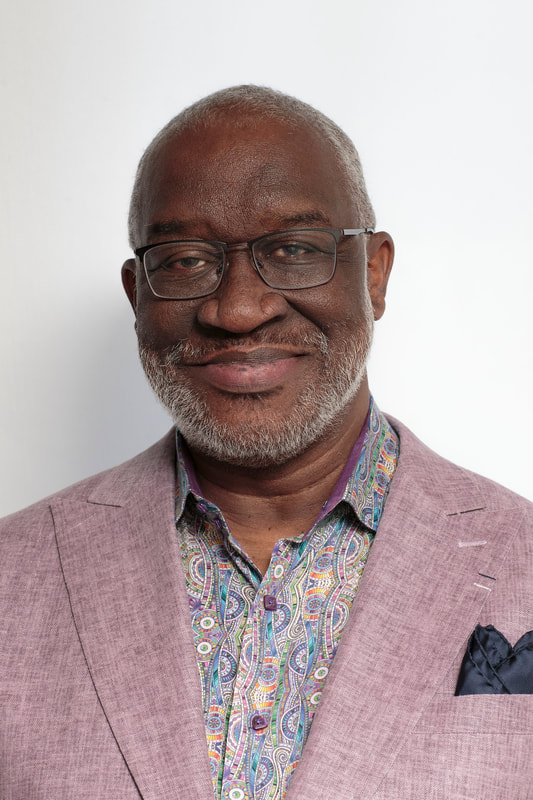Melvin Hall, Ph.D.
Over a forty-four-year career in higher education, Dr. Hall served in four successive appointments as an academic dean comprised of positions at Florida Atlantic University, University of California-Irvine, University of Maryland at College Park, and Northern Arizona University (NAU). At NAU, Dr. Hall served as Dean of the College of Education and additionally was the principal investigator on two five-year US Office of Education GEAR UP grants providing dropout prevention programs and services to thousands of middle and high school students throughout Arizona.
Returning to full-time faculty life in 2002, Dr. Hall melded teaching and scholarship with responsibility as co-principal investigator on a National Science Foundation grant supporting the Relevance of Culture in Evaluation Institute for a period of five years. Subsequent to the RCEI grant, Dr. Hall became a founding member of the CREA affiliated faculty.
He has served on numerous panels for the National Science Foundation and in 2015, was an intermittent expert with the ADVANCE and HBCU UP Programs. On behalf of the American Evaluation Association, Dr. Hall initiated the association’s statement on the importance of Cultural Competence, served on the Board of Directors, and moderated the AEA Dialogues on Race and Class in America.
In 2018 Dr. Hall received the AEA Robert Ingle Service Award, and in 2019 the Distinguished Scholar Award from the Research on Evaluation SIG of AERA. He is a Senior Scholar at the Association of American Colleges and Universities and a Distinguished Scholar, in the Marie Fielder Center, Fielding Graduate University.
--As a recently retired academic, consultant, and evaluation practitioner I am currently most interested in supporting the emergence of new voices in program evaluation. Toward that end, I am actively seeking colleagues who can work with me to transition my remaining evaluation related activities into new hands. Also, evaluation voices both old and new are increasingly calling for program evaluation to become more engaged in the work of fostering a more just and equitable society. My current scholarship seeks to illuminate the challenges and obstacles to accomplishing that goal. The CREA Community is at the forefront of this movement, and hence an important force helping to shape the future of program evaluation and related forms of inquiry.


 RSS Feed
RSS Feed
